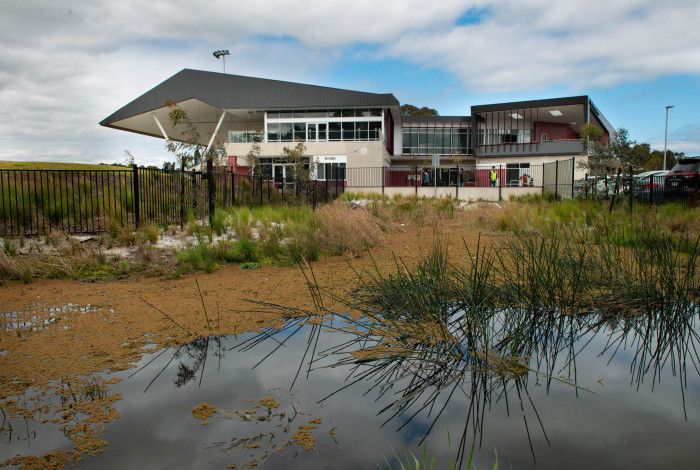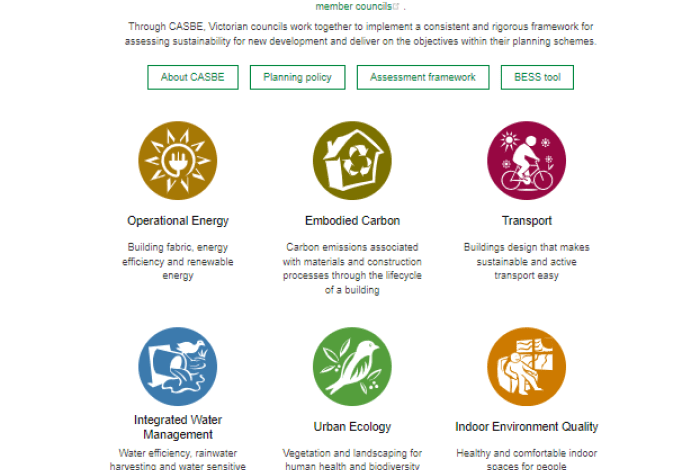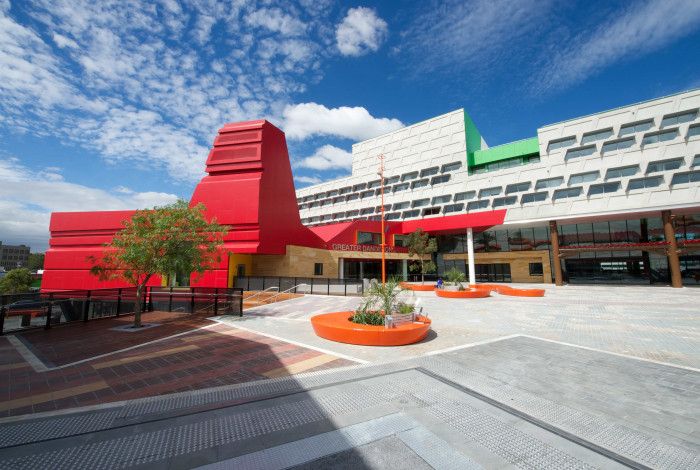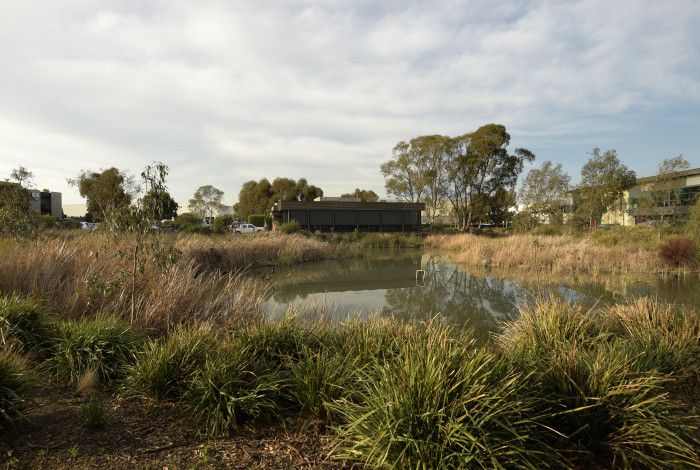New standards in place
From 1 January 2024 the Victorian Government has banned reticulated natural gas connections to all new dwellings that require a planning permit.
For further information visit the Department of Transport and Planning website.
From 1 May 2024 the Victorian Government has mandated commencement of the National Construction Code 2022 energy efficiency requirements.
To comply with new energy efficiency requirements, all new dwellings must achieve a minimum NatHERS rating of 7 Stars and a whole-of-home rating not less than 60 out of 100.
For further information see the factsheets available on the Department of Energy, Environment and Climate Action website.
Incorporating Environmentally Sustainable Development (ESD) into the design of new development is a requirement under the Local Planning Policy Framework Clause 22.06 - Environmentally Sustainable Development of the Greater Dandenong Planning Scheme.
The overarching objective of this policy is that development should achieve best practice in environmentally sustainable development from the design stage through to construction and operation.
The policy provides objectives and application requirements for residential, mixed-use and non-residential development. It recognises the importance of considering environmentally sustainable design at the time of planning approval for new development.
Does my application need to address Environmentally Sustainable Development (ESD)?
ESD reporting requirements are based on the scale of your development.
The flow diagram presented below will help you determine what information needs to be submitted to meet the objectives of Clause 22.06.
For further guidance on what key sustainable development categories should be addressed as part of your planning application, refer to the Sustainable Design Fact Sheet.
ESD Reporting
An ESD report must outline how your development will deliver a sustainable outcome to its occupants and the environment and is undertaken through the submission of one of the following;
A Sustainable Design Assessment (SDA)
A Sustainable Design Assessment (SDA) is a document that sets out the sustainable design features of a proposed development.
The Built Environment Sustainability Scorecard (BESS) can be used to undertake a Sustainable Design Assessment. Submit the BESS report with your planning application to satisfy the requirements under Clause 22.06 for an SDA.
It is important that all relevant initiatives are clearly annotated on architectural drawings. Typically, it should not be necessary to engage a sustainability consultant to prepare a Sustainable Design Assessment.
OR
A Sustainable Management Plan (SMP)
A Sustainable Management Plan (SMP) is a more detailed assessment of your proposal. An SMP must identify the relevant sustainability targets or performance standards and document the means by which those performance outcomes will be achieved.
Preparation of a SMP will generally require the engagement of a sustainability consultant. An SMP will require the submission of example tools to help demonstrate environmental performance. Example tools are explained in detail below.
ESD report templates
Council has established ESD report templates for both an SDA and an SMP. You can download these templates and use them as guidance before you submit your report to Council.
Sustainable Design Assessment (SDA)
Sustainable Design Assessment (SDA) - Guidance Document - 392KB
Sustainable Design Assessment (SDA) - Report Template - 312KB
Sustainable Management Plan (SMP)
Sustainability Management Plan (SMP) - Guidance Document - 506KB
Sustainability Management Plan (SMP) - Report Template - 530KB
Sustainability Management Plan (SMP) - Example Report - 1.2MB
Key Sustainable Design Categories and the Sustainable Design Fact Sheet
Sustainable Design Fact Sheets
To help you meet the requirements or Clause 22.06, Council has adopted a series of fact sheets.
The Sustainable Design Fact Sheets are a series of information sheets aimed at the development industry.
They outline Best Practice Standards and offer sustainable Design advice across a range of sustainable development categories.
ESD example tools
Environmentally Sustainable Design (ESD) assessment tools are an effective way of demonstrating to Council the sustainable credentials of your development. For further information refer to the ESD Assessment Tools on the Sustainable Design Fact Sheets page.
The following example tools are available to applicants to use as part of their planning permit application:
Built Environment Sustainability Scorecard (BESS)
BESS is a free, online sustainability assessment tool purpose-built for the planning application stage. It can assess single dwellings, multi-dwellings, non-residential and mixed use developments of any size. BESS replaced the use of STEPS and SDS in July 2016.
Blue Factor
Blue Factor can be used to meet best practice water quality objective and to demonstrate compliance with planning requirements for Water Sensitive Urban Design (WSUD) and stormwater management.
MUSIC
MUSIC is a detailed stormwater modelling software that is available for purchase from eWater and is often used for large complex developments.
Green Star
Green Star is a green building certification system administered by the Green Building Council of Australia. The Green Star Design and As Built rating tool is suitable for use by large developments.




